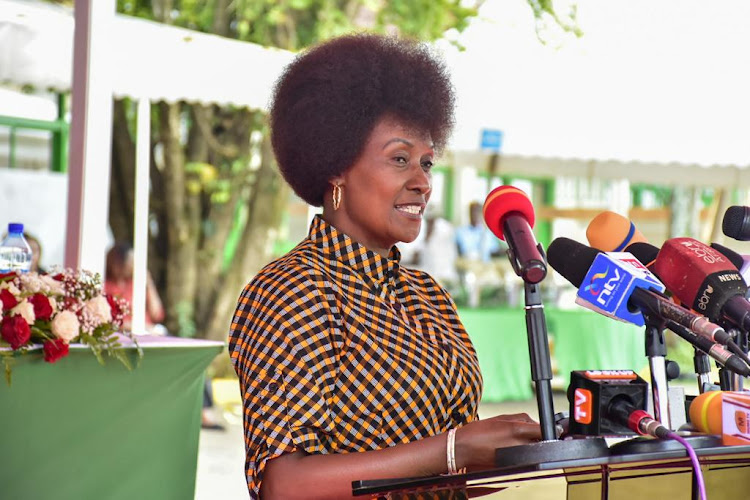Headteachers Salary Increment. Primary school principals across the country will take over Early Childhood Development Education (ECDE) institutions that were formerly run by county governments on January 8, when classes start.
They will also continue to have leadership positions in junior secondary schools (JSS) as a part of a reorganized school system that increases their management duties for basic education.
The Early Childhood Education Act should be repealed, according to the Presidential Working Party on Education Reforms (PWPER), which also supports transferring early childhood education provisions to the Basic Education Act.
With effect from the start of the upcoming academic year, this action removes ECDE from the 47 county governors’ purview and represents a departure from its current decentralized role.
To address concerns related to pre-primary education, the taskforce recommends collaboration between the Ministry of Education, Council of Governors, and the Teachers Service Commission (TSC).
Headteachers Salary Increment
This collaboration aims to formulate an intergovernmental agreement for the recruitment and compensation of pre-primary teachers, ensuring uniformity in payment and placing the responsibility of hiring with the counties.
Introducing a new primary school model known as comprehensive schools, the Education Cabinet Secretary, Ezekiel Machogu, announced that headteachers will oversee all levels of learning, from pre-primary to Grade 9, starting in January.
This comprehensive approach integrates pre-primary, primary, and junior schools, providing a seamless transition and a holistic approach to education.
The Kenya Primary Schools Head Teachers Association supports the comprehensive school setup, emphasizing its potential benefits, such as consistent management, coordination, and resource-sharing across levels.
While acknowledging the increased administrative workload, the association sees opportunities for cost reductions, efficient resource allocation, and improved collaboration among teachers and administrators.
Despite the positive aspects, challenges are anticipated, including the need for active participation and support from parents and the community.
The comprehensive school model aligns with ongoing education reforms, including the progressive transition from the 8-4-4 system to the competency-based curriculum (CBC) or the 2-6-3-3-3 system.
The government’s commitment to addressing infrastructure challenges for junior schools is evident, with allocations of Sh3.9 billion for classroom construction in the fiscal year, supported by an additional Sh9 billion from the World Bank.
The collaborative efforts aim to ensure the readiness of 15,021 classrooms for Grade 9 learners by 2025.
President William Ruto’s earlier concerns about the lack of capacity in secondary learning institutions, coupled with the threefold difference in the number of primary and secondary schools, have influenced the decision to host junior schools in existing primary schools.
This approach seeks to address challenges in achieving a 100 percent transition to secondary education.
Headteachers Salary Increment

1 Comment
TSC should promote C3 teachers working as JSS teachers to act as deputy principals in charge of academics in JSS.